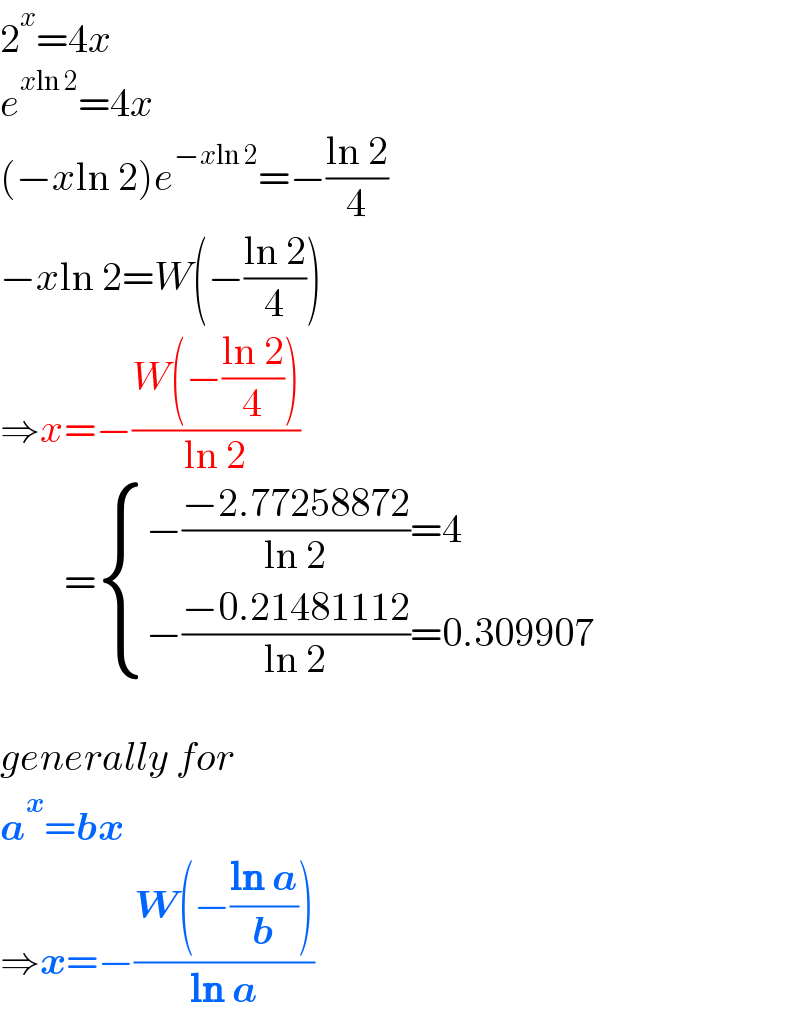Question Number 172111 by Mikenice last updated on 23/Jun/22
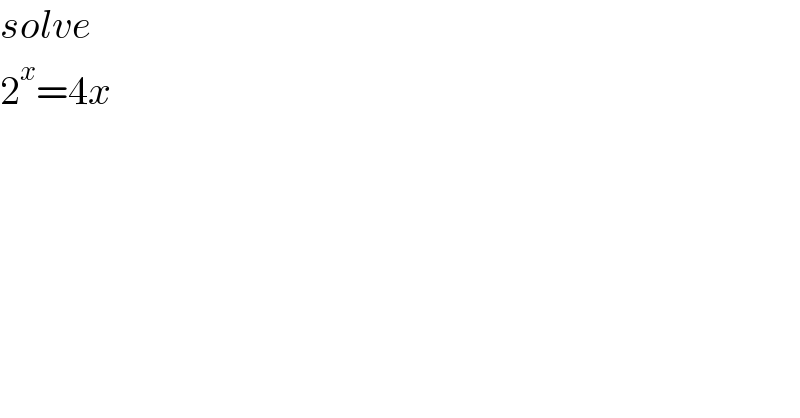
Commented by mr W last updated on 23/Jun/22
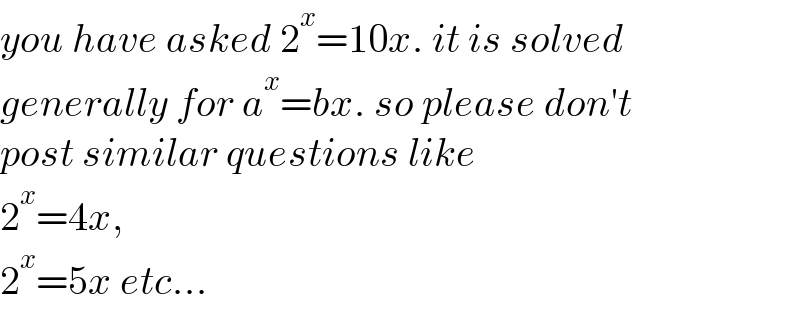
Answered by Mikenice last updated on 23/Jun/22
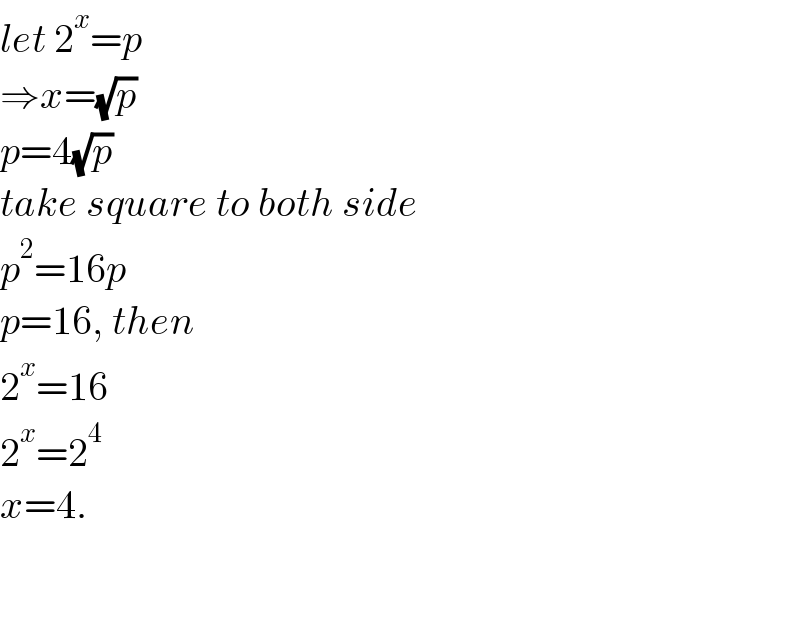
Commented by mr W last updated on 23/Jun/22

Commented by mr W last updated on 23/Jun/22

Commented by Mikenice last updated on 23/Jun/22

Commented by mr W last updated on 24/Jun/22

Answered by Mikenice last updated on 24/Jun/22
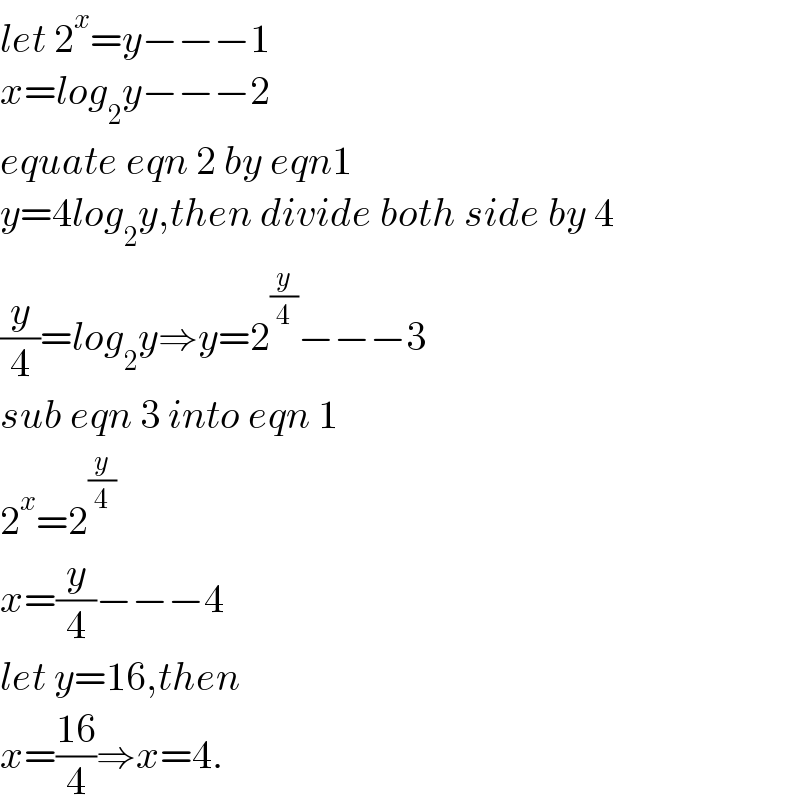
Answered by mr W last updated on 25/Jun/22
